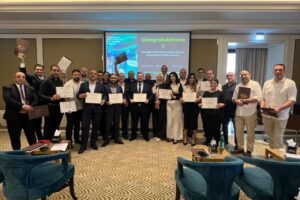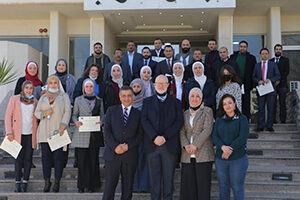Conflict Resolution Training for UNRWA Professionals
Continuing my journey of empowering organizations through tailored professional development, I had the privilege of conducting an intensive training program on Conflict Resolution Skills for UNRWA staff members working across various departments and field operations. This training was part of a broader initiative to enhance interpersonal communication, emotional intelligence, and collaborative problem-solving within humanitarian and administrative contexts.
Designed with precision and care, the program aimed to help participants understand the dynamics of conflict, identify constructive approaches to resolution, and strengthen teamwork across diverse cultural and operational settings. The design followed my philosophy — that effective training must be contextual, participatory, and transformative. Each module was crafted to reflect the unique realities of humanitarian work: managing stress, navigating cross-cultural interactions, and maintaining professionalism even in high-pressure environments.
The sessions were structured around six major themes: 1. Understanding the foundations of conflict and its psychological dimensions. 2. Identifying personal conflict styles and their effects on communication. 3. Applying emotional intelligence to defuse tension. 4. Building trust and empathy in professional relationships. 5. Mediation and negotiation strategies for internal and external conflicts. 6. Managing crises with composure and professionalism. The training brought together participants from different backgrounds, nationalities, and roles, which created a rich space for dialogue and shared learning.
The sessions were conducted in English and Arabic, reflecting the organization’s international environment and fostering inclusivity among all attendees. Through simulations, case studies, and team-based exercises, participants explored real-world situations that mirrored the complexities they encounter daily in the field.
The interactive nature of the sessions allowed participants to reflect on their own behavioral tendencies under pressure, helping them recognize the fine balance between assertiveness and empathy. Many participants commented that the sessions helped them communicate more thoughtfully, handle disagreements more constructively, and respond to challenging situations with calm confidence rather than frustration.
What made this training stand out was the genuine engagement and openness of the participants. UNRWA’s professionals brought real dedication to their roles and a shared commitment to creating a healthier work environment for both staff and beneficiaries. The discussions were deep, respectful, and rooted in the shared purpose of improving the quality of collaboration within the organization.
As a trainer, this experience reaffirmed my belief that conflict, when addressed with understanding and empathy, can become a catalyst for growth rather than division. It also reinforced my passion for designing programs that connect emotional intelligence with organizational effectiveness — a balance that lies at the heart of all Beat of Perfection initiatives. This achievement represents more than just a successful training event; it embodies a philosophy that every organization, no matter its size or mission, thrives when its people learn to listen, empathize, and collaborate toward common goals.
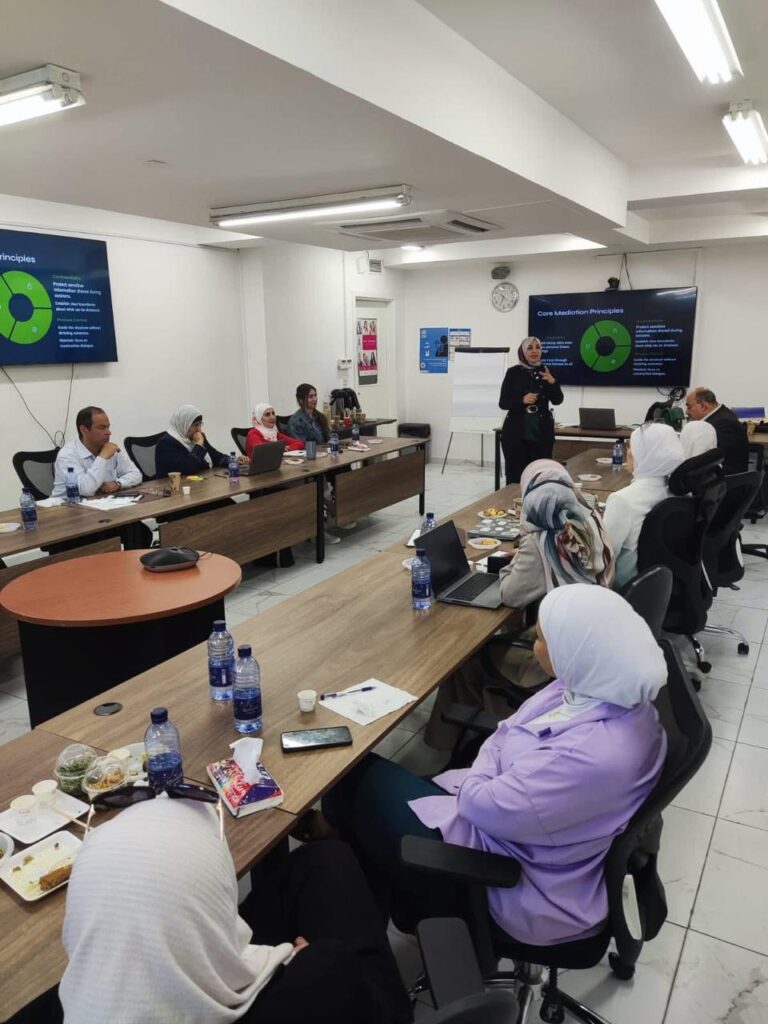

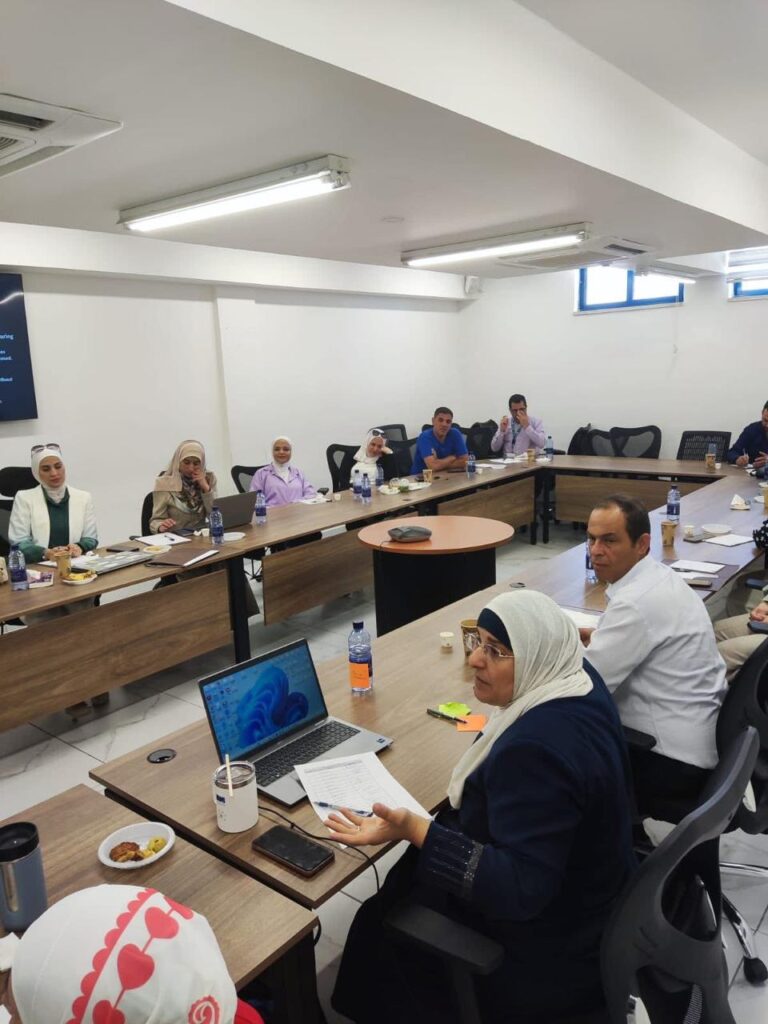
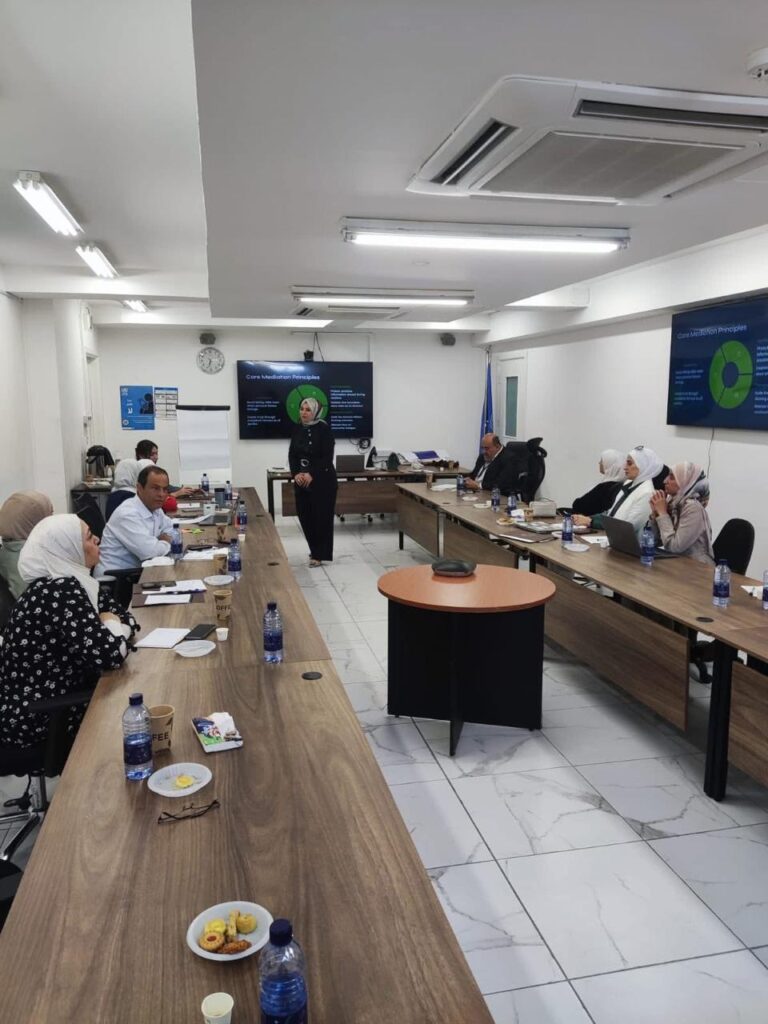
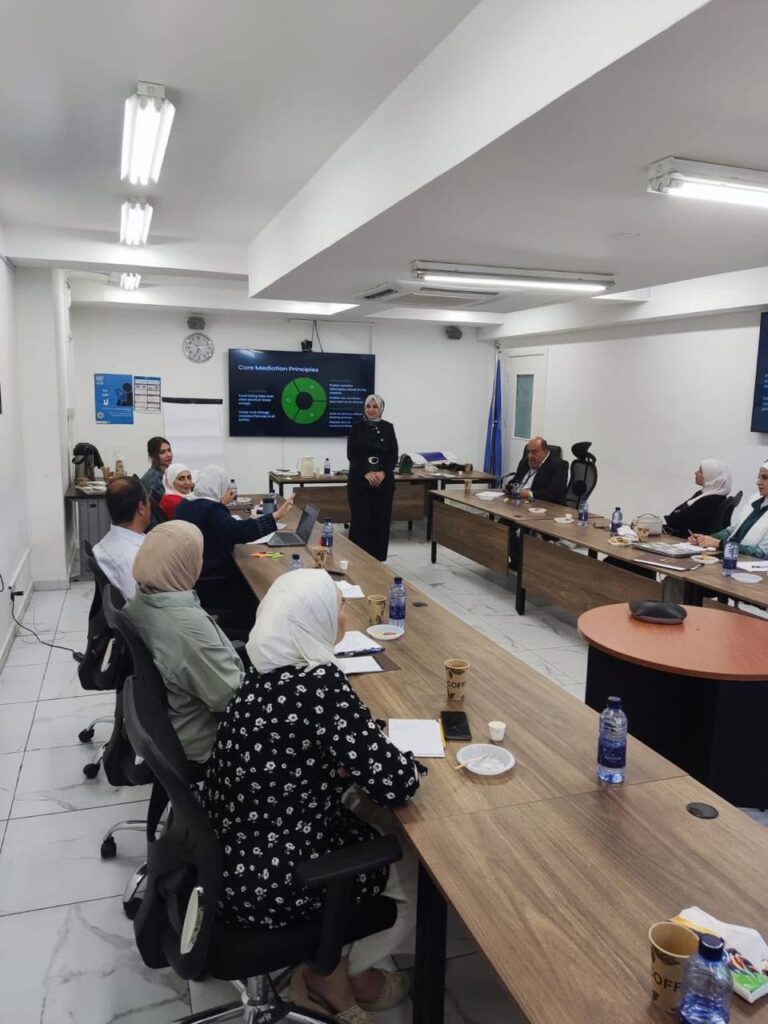
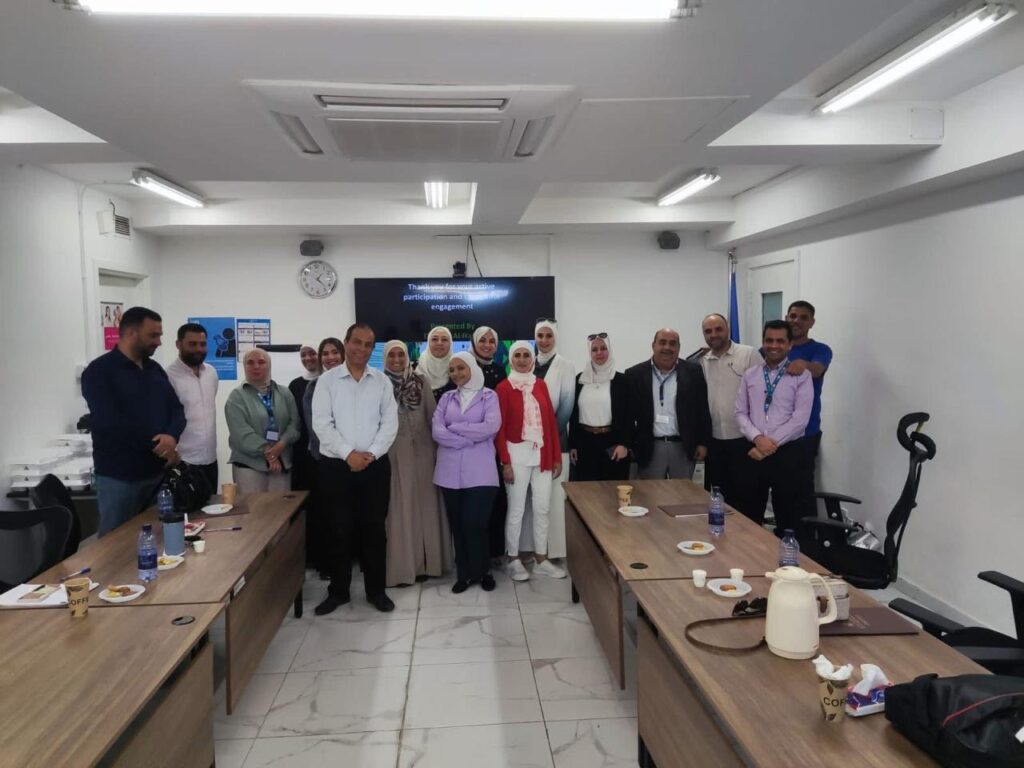
Tag:Course

